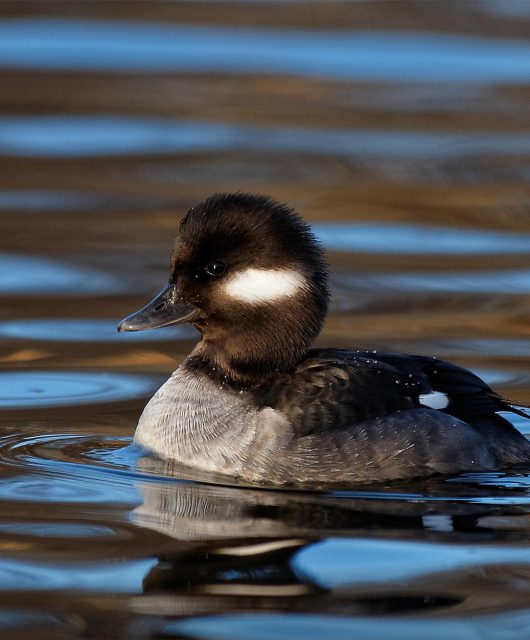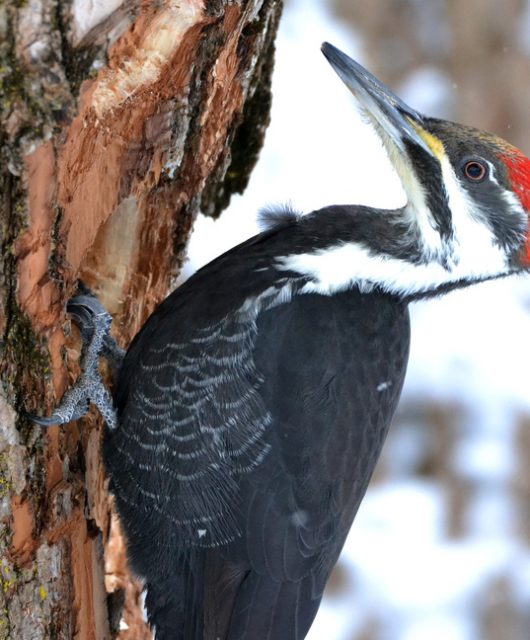
The four survivors of a dramatic rescue at sea recounted the dramatic capsize of their ocean rowboat on Dateline NBC. Keith Morrison reported the harrowing story of the Canadian Wildlife Federation Africa to Americas Expedition Sunday night April 13 at 7 pm ET. Watch a preview of Capsized now.
“Our team had massive goals that surpassed physical challenge, and we worked meticulously to mitigate the consequent risks,” said Canadian Olympic Gold Medalist Adam Kreek, one of the rowers tossed to the sea and quickly rescued after 73 days of rowing across the Atlantic Ocean.
The expedition, which launched in Dakar, Senegal on January 23, 2013, reached a shocking conclusion one year ago north of Puerto Rico. Just past sunrise on April 6, 2013, the 8.8 metre ocean rowboat suffered a catastrophic capsize event, and was unable to self-right as designed. The four rowers were able to safely deploy a life raft and were rescued by a passing commercial vessel and transported to San Juan. They completed 2,700 nautical miles of their 3,500 nautical mile journey. They returned to the ocean a few weeks later to collect their boat, and all the marine data and film footage, along with sentimental items, such as Kreek’s gold medal ring.
“No one was lost at sea, but incredible information and willpower was found,” said Wade Luzny, CEO Executive Vice President of the Canadian Wildlife Federation, which sponsored the expedition for research and education about marine conservation. “I am extremely proud of the rowers for their extensive planning, preparation and perseverance. Before, during and after this journey the rowers maintained a commitment to ocean education that is unparalleled.”
The two American and two Canadian crew of OAR Northwest rowed 24 hours a day in two person shifts while collecting scientific readings on issues such as water temperature, salinity, alkalinity and ocean currents. The rowers also shared their observations on marine life and rowing conditions online through daily blogs, photography and videography which captivated the attention of school students, media, teachers and the general public.
“Thankfully, this scientific adventure delivered many valuable observations, and leaves a positive legacy,” Kreek said. “Now, it is my hope that one message prevails: The ocean is full of life. The ocean gives us life. We must conserve our vast saline habitats, remembering that human life is intricately tied to a healthy ocean.”
For more information, visit OARNorthwest.org or CanadianWildlifeFederation.ca.




